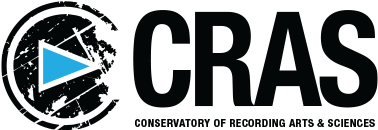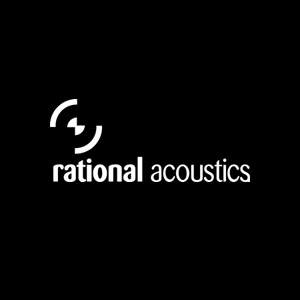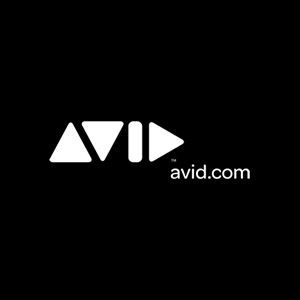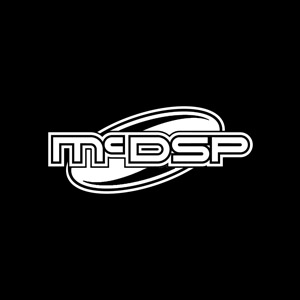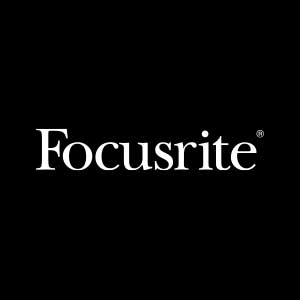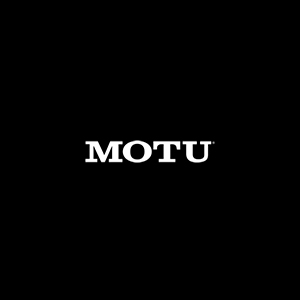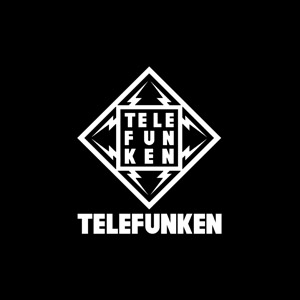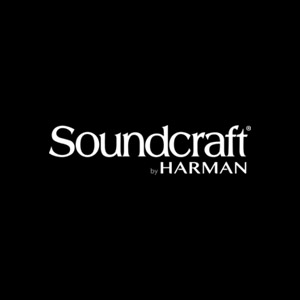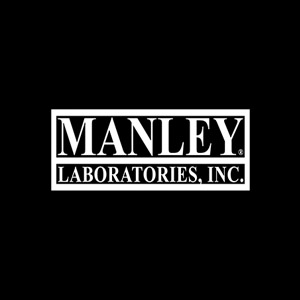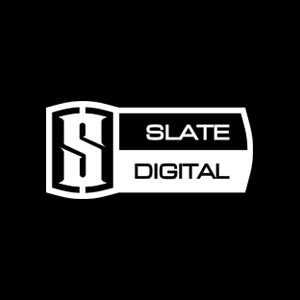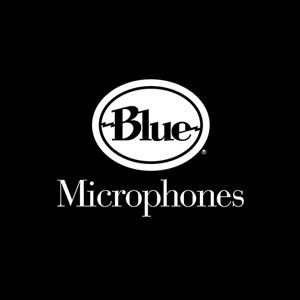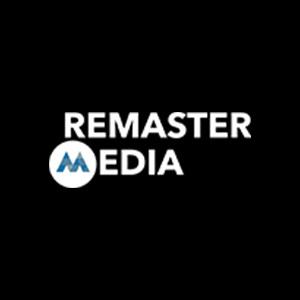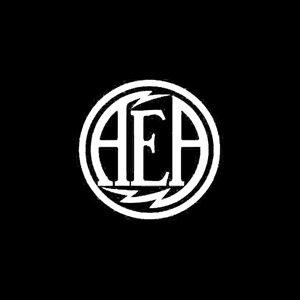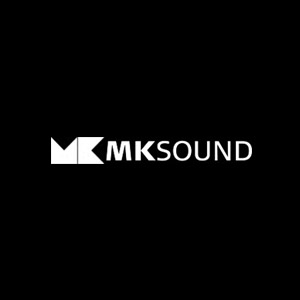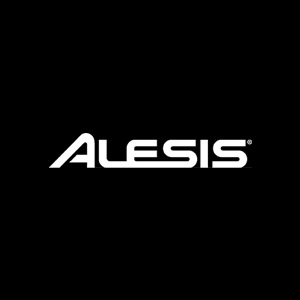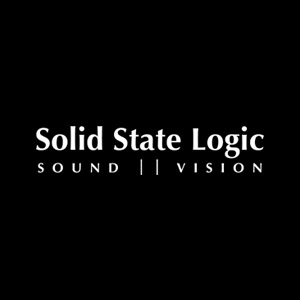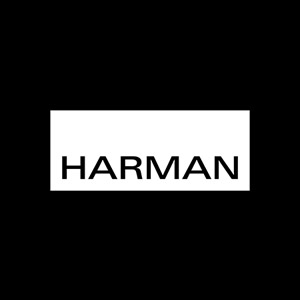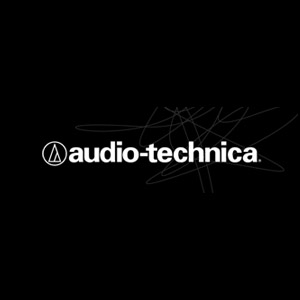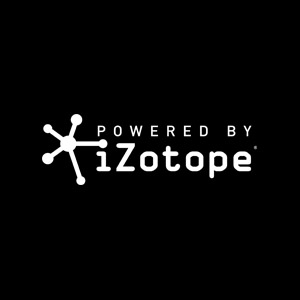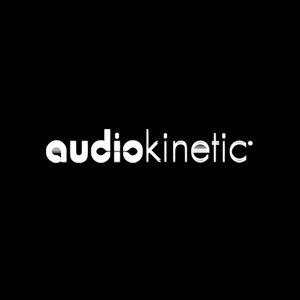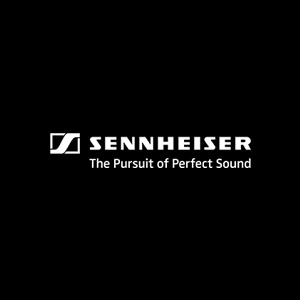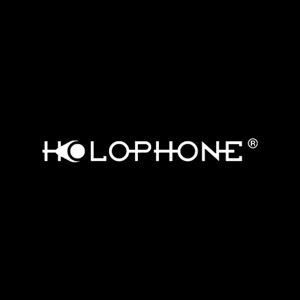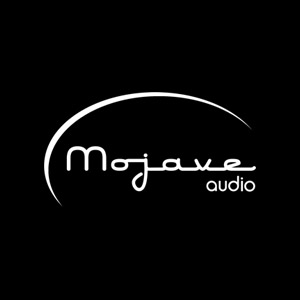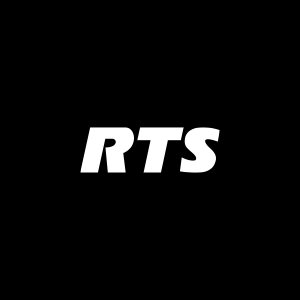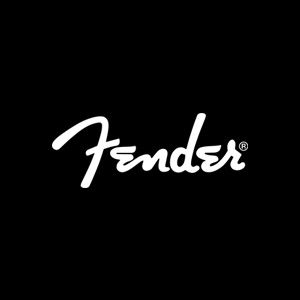Connecting with potential internship providers and full-time employers is vital prior to graduation for students in the pro audio industry. When a student’s school takes the initiative to visit with these professionals on the students’ behalf to begin, nurture, and grow those relationships, that’s when they know their choice of a top-tier educational institution goes far beyond the classroom.
And that’s just what members of the Internship Department and Student/Alumni Services Department with The Conservatory of Recording Arts & Sciences, the leading institution for audio engineering education, recently completed with visits to 21 leading Los Angeles-based recording studios over a three-day period.
“We just visited one of the top markets for the audio industry, where a large majority of our students and alumni relocate for their careers,” explained Rachel Ludeman, CRAS Employment Coordinator. “One of our main purposes for our travels is to connect the face with the name, give CRAS an actual personality, and not just be another school bombarding them with phone calls and emails wanting to place students with them. Those we visit with always appreciate our willingness to travel to them and discuss not only what they can do for our students, but, just as importantly, what our students can do for them.”
CRAS creates genuine relationships and connections with management in order to better understand what their needs are, dissect their business model and how they operate, and what makes them unique. That way, CRAS can better create a harmonious, mutually beneficial relationship, and provide them with the best interns and employees possible.
“Working with Rachel and CRAS hasn’t just been a genuine pleasure, but it has also served as a truly valuable resource for us at Formosa Interactive,” said Nick Mortillaro,Senior Recording Engineer, Formosa Interactive Los Angeles. “We’ve hired numerous CRAS grads onto our voiceover team in both freelance and full-time capacities, and I’ve been nothing short of impressed with the consistently high caliber of folks that Rachel has referred to us. Not only have they shown up with the relevant knowledge and skills, but also a hunger and drive to keep learning, which is always great to see. CRAS is doing something right, that’s for sure.”
Formosa Interactive is home to the world’s best creative talent, leading edge technology and workflows, and a player-first culture that creates end-to-end creative content for global developers and publishers on every screen and platform.
Kirt Hamm, CRAS administrator said that CRAS also takes note of industry trends and equipment these facilities are currently using. “CRAS is always striving to be one step ahead and want to see where the trends are, so we can better educate our students to be ready for the workflow out in the real world.”
Beyond visiting with an enormous amount of facilities in a short time span, CRAS also makes it a point to connect with its alumni during these meetings, and reconnect with its community. As a result, CRAS held a meet-up at a local LA tavern during this most recent trip, and were incredibly overwhelmed by the turnout where nearly 100 graduates attended.
“CRAS was the best decision of my entire life and it took me to places I never thought I’d be,” explained Robert Kupsch, assistant engineer at Formosa Interactive and a 2022 CRAS graduate. “I’m incredibly thankful for all of the help and support for all the staff members at CRAS. We couldn’t do it without them!”
Added Conor Lynch, CRAS Director of Student Services, “This event is always successful because it gives our graduates a chance to network with each other, reconnect with their CRAS family, and discuss what that next gig/connection may be. We actually had three graduates obtain work because of this particular get-together, and a student got their internship lined up because of a graduate they met there. This was networking at its finest!”
CRAS members on the trip are also all graduates of the program, so they understand the gear selection the studios have that CRAS interns and grads work with daily.
“I know I can speak for all of us that we truly get excited when we can see how things are put together in these facilities first hand,” said Ludeman. “I think this is also recognized by the management, and they notice that we understand and appreciate the craft on a deeper level. I’m always blown away by the affect CRAS has made in the audio industry, and this specific trip to LA was truly remarkable. With more than 30 years of educating audio engineers, our footprint is becoming immense. It has become commonplace to run into numerous CRAS graduates working in the field, wherever we go. Our alumni are proud to be CRAS and I’m thrilled to be a part of that movement.”
The Conservatory of Recording Arts & Sciences is composed of two nearby campuses in Gilbert and Tempe, Ariz. A CRAS education includes broadcast audio, live sound, film and TV audio, music, and video game audio, all taught by award-winning instructors who have all excelled in their individual fields, including sound reinforcement, audio recording and production, digital recording, troubleshooting/maintenance, and music business.
CRAS structured programs and highly qualified teaching staff provide a professional and supportive atmosphere, which is complemented by its small class sizes allowing for individual instruction and assistance for students in engineering audio recordings. CRAS has been providing quality vocational training in audio recording for more than three decades. The curriculum and equipment are constantly being updated to keep pace with the rapid advancements in the music and sound recording industries. CRAS’ course offerings and subject matter have always centered around the skills and knowledge necessary for students’ success in the audio recording industries.
The 11-month program is designed to allow every student access to learn and train in all of the Conservatory’s studios which are comprised with state-of-the-art audio recording and mixing gear, the same equipment used in today’s finest studios and remote broadcast facilities, including Pro Tools Ultimate, API Legacy consoles, SSL AWS consoles, Studer Vista consoles, and much more. All students must complete a 280-hour industry internship to graduate from the Master Recording Program II that may ultimately lead to industry employment.
Article originally posted on MusicConnect.com
